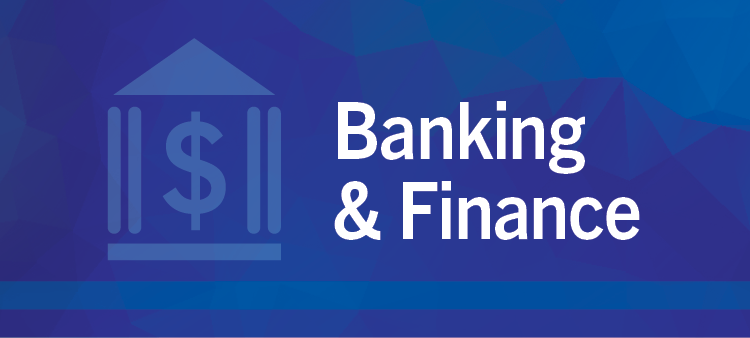
Home » State Supreme Court says big bank tax is legal
State Supreme Court says big bank tax is legal

October 14, 2021
Washington’s new tax on big banks operating in the state does not violate the Constitution’s prohibition against restrictions on interstate commerce.
In a Sept. 30 ruling, the Washington State Supreme Court ruled the tax does not discriminate against interstate commerce because it applies to Washington-related income regardless of whether the bank is based in or outside of the state.
The decision reversed a trial court ruling in the case brought by the Washington Bankers Association and the American Bankers Association against the new tax. The industry, represented by former Washington Attorney General Rob McKenna, challenged the tax on the grounds it violated the commerce clause of the U.S. Constitution.
The trial court agreed.
The state appealed and the state Supreme Court agreed to hear the case. The bank group indicated it is considering its options, including a possible appeal to the U.S. Supreme Court.
The 2019 Legislature raised the B&O tax paid by financial institutions operating in Washington to 2.7%, from 1.5%. The new rate took effect Jan. 1, 2020, and applies to financial institutions with consolidated net income of at least $1 billion derived in the state.
In its unanimous ruling, the state’s high court noted that many states impose a graduated tax on corporate income. In Washington, the B&O tax is an excise tax on gross income imposed for “the privilege of doing business.”
In raising the tax on banks, the Legislature noted that Washington industry was enjoying economic success while families struggle “to meet basic needs while at the same time carrying the burden of funding schools and essential services.”
Lawmakers noted the growing wealth disparity and the state’s regressive tax code, which disproportionately affects middle- and low-income earners.
The court noted the Legislature addressed the disparities by concluding that “those wealthy few who have profited the most from recent economic expansion can contribute to the essential services and programs all Washington families need.”
In its conclusion, the court said the Legislature acted appropriately when it enacted the additional tax.
“The (L)egislature expressly indicated that its purpose in enacting the tax was to raise revenue for essential services and to address our regressive tax code, both legitimate state interests that satisfy rational basis review,” it said.
In the first three months after the tax took effect, 153 financial institutions paid $34 million to the state. That included three Washington-based companies. The bankers association noted that out-of-state banks paid the lion’s share.
While all nine justices concurred that the tax is constitutional, two justices said the main ruling contained unnecessary analysis and they did not sign. Chief Justice Steven Gonzalez and Justice Debra Stephens outlined their objection in a supplemental document but said they agreed with the main conclusion.
Taxes
KEYWORDS october 2021





